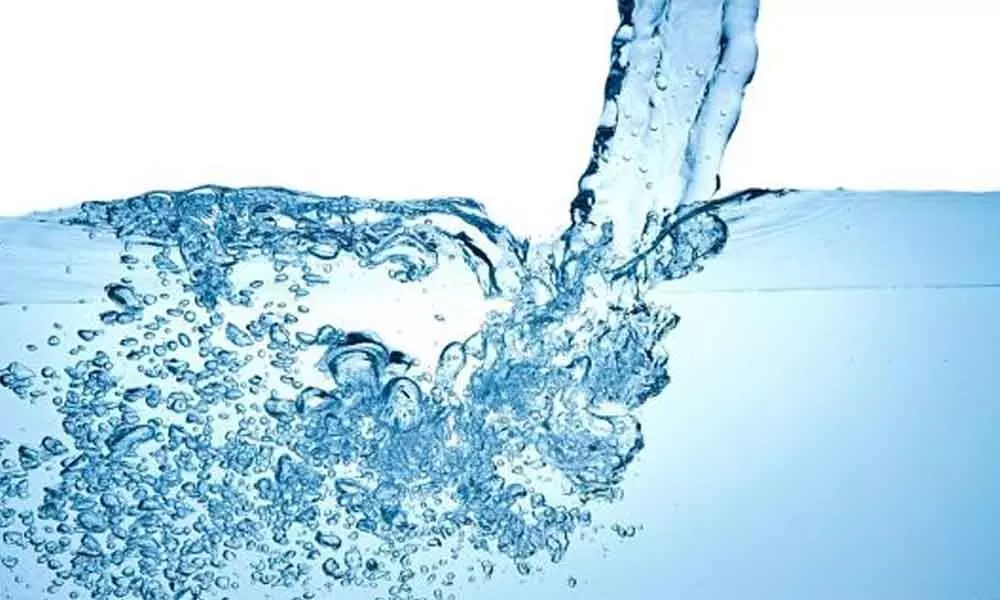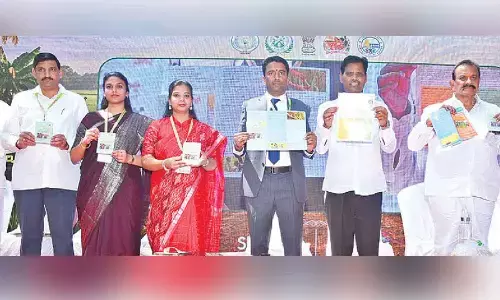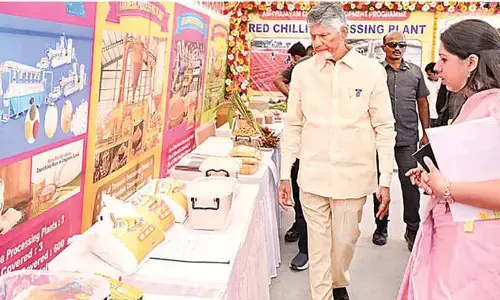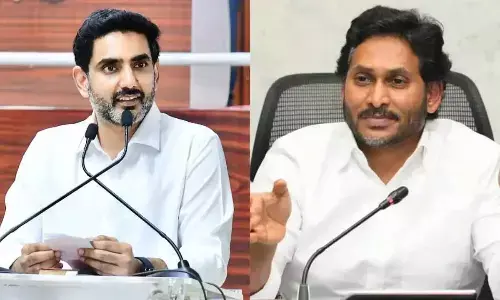Ensuring clean water supply through technology

Ensuring clean water supply through technology
A multi-disciplinary technical committee in the Department of Drinking Water and Sanitation, Ministry of Jal Shakti has recommended five technologies, specifically, three technologies for drinking water and two technologies for sanitation as innovative technologies out of the ten technologies considered by it and these technologies would now be listed in the innovation portal of the Department
A multi-disciplinary technical committee in the Department of Drinking Water and Sanitation, Ministry of Jal Shakti has recommended five technologies, specifically, three technologies for drinking water and two technologies for sanitation as innovative technologies out of the ten technologies considered by it and these technologies would now be listed in the innovation portal of the Department.
The recommendation by the Committee would help the States/ UTs so that they can use these technologies depending on their requirement and suitability. These technologies were appraised at different levels before consideration and recommendation by the technical committee.
The Ministry of Jal Shakti gives primacy to the infusion and deployment of innovative technological solutions to realise the ambitious objective of the Jal Jeevan Mission to provide functional household tap connection to every rural home by 2024 with speed and scale while tackling the diverse challenges encountered during implementation.
Under the Mission, innovative proposals are sought online for assisting the States/UTs to adopt innovative technologies to deliver drinking water services to rural communities of adequate quantity and prescribed quality. Various challenges being faced during implementation of the Mission include variations in regional endowment of water resources & levels of service provision, water quality challenges, convergence with the sanitation sector and dealing with grey water/ sludge issues etc.
To address these challenges and to consider and recommend innovative 'field level solution' technologies, a multi-disciplinary Technical Committee, chaired by the Principal Scientific Adviser to the Government of India with members from NITI Aayog, Department of Science and Technology, Department of Bio-Technology, CSIR, DRDO, NEERI, IIT, National Institute of Ocean Technology, States, etc, was constituted. The Committee focused on application of Science and Technology (S&T) for providing field level solutions, which would be helpful to the implementing agencies in the States/ UTs.
India is set to be one of the three countries to witness maximum urban growth by 2050, along with China and Nigeria. In India's case, this fast pace of urbanisation at an annual rate of 2.1 per cent coupled with a high growth in economic activities — if not supported with commensurate sustainable solutions — is bound to compound the water and sanitation challenges in the country's urban areas. Indian cities are currently plagued by multiple challenges to water, sanitation and hygiene.
At present, 163 million people do not have access to safe drinking water, while 210 million people lack access to improved basic sanitation in India. India is currently at the bottom of 122 countries in the Water Quality Index (WQI) — at 120 — with nearly 70 per cent of water sources are contaminated.
WQI is an important tool to determine the drinking water quality in urban, rural and industrial areas. Water and sanitation are getting a lot of traction in the world, owing to the current novel coronavirus disease (COVID-19) pandemic. India has to meet the 2030 Sustainable Development Goals (SDG), including Goals 6, 11 and 12 that talk about sanitation, sustainable cities and sustainable consumption and keep pace with the rest of the countries as well.
The same is reflected through the union government's programmes and schemes that have captured the world's attention in their efforts to provide safe drinking water and sanitation services. The stage is being set for modernising and expanding services which make quality addition to life.










